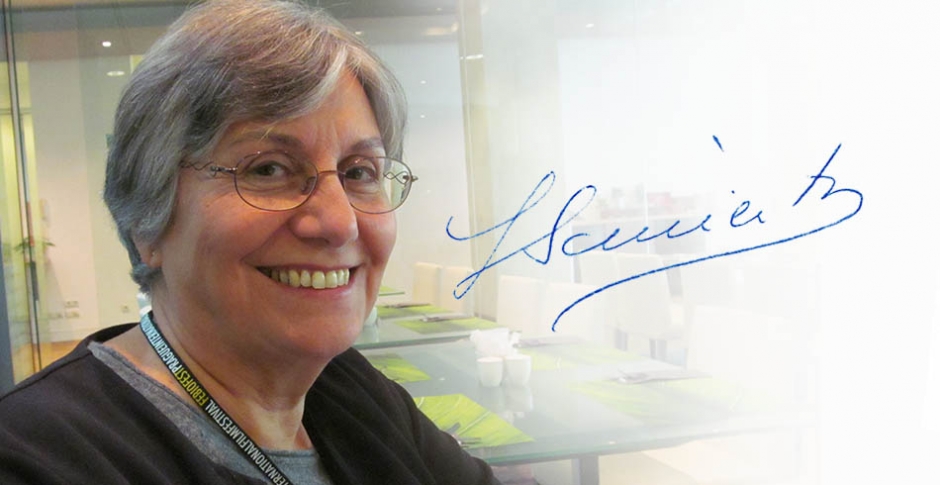Valeria Sarmiento - I was always interested in showing female characters and their problems.
Written by Eva Csölleová, Vítek FormánekOne of the guests of FebioFest 2019 was Chilean director Valeria Sarmiento. We took an interest in her not only because she was a wife of important Chilean director Raúl Ruiz, but also because they both had to escape from Chile after Junta coup´d´etat and start new life in France. Although we are not familiar with her films, aforementioned facts urged us to make interview with her.
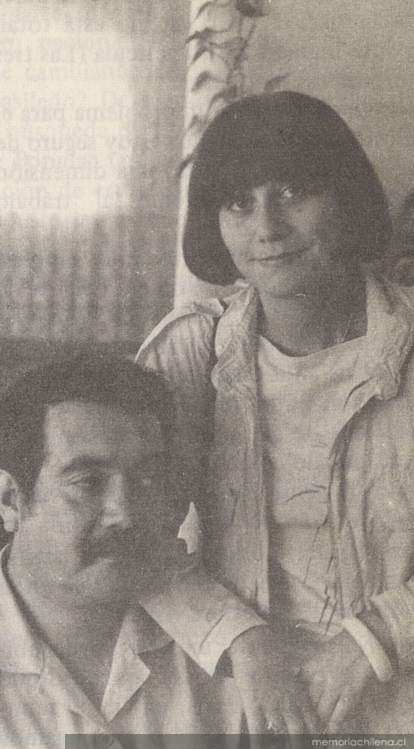 We read that you watched your first film at the age of five and due to censorship no French New Wave films could be showed there. Could you tell us more about situation in Chile in 50ś and 60´s from this point of view?
We read that you watched your first film at the age of five and due to censorship no French New Wave films could be showed there. Could you tell us more about situation in Chile in 50ś and 60´s from this point of view?
At this time there was only age censorship in Chile. There were films available for kids from 14 years of age, from 18 and from 21, but there was no political censorship.
After you married Raúl Ruiz, did you work on same films as a team or you tried to have separate careers and go your own artistic way?
We worked both together, he directed and I edited his films but alongside that I directed my own films so we built up our own careers as well. But sometime for economical reasons we worked together on scripts and I again was an editor.
What was the level of quality of Chilean film industry in 60´s and 70´s? Was there any state support and then control of what they filmed, so there couldn´t be any politically and socially critical films made?
In 1970 Chile was ruled by Unida Popular but only for three years before political coup´d ´etat was made by Junta. At that time we were poor country and there were no state money available for cinematography. At that time there was only financial support from TV, such as Italian Ray which sponsored films of my husband. Also German TV was quite helpful. In exile Rail made 120 films and I made 25.
In 1974 after Pinochet came to power you were forced to escape from Chile. Do you think, had you stayed you would ended up in jail and why did you choose France and not say USA or England?
It´s long and complicated history.It is very likely that we would have been arrested and put into prison as it happened to two of my husband´s mates. German director Peter Lillenthal gave us money to get out of Chile since we had no money for air tickets and traveling. Thanks to him we got into Germany and then to France so it was coincidence we ended up there.
For political refugees as you were, was it difficult to get a job and good accommodation for the start or you started working straight away?
First two years were damn hard, believe me, but thanks to support of other filmmakers we slowly settled up in France and got onto our feet.
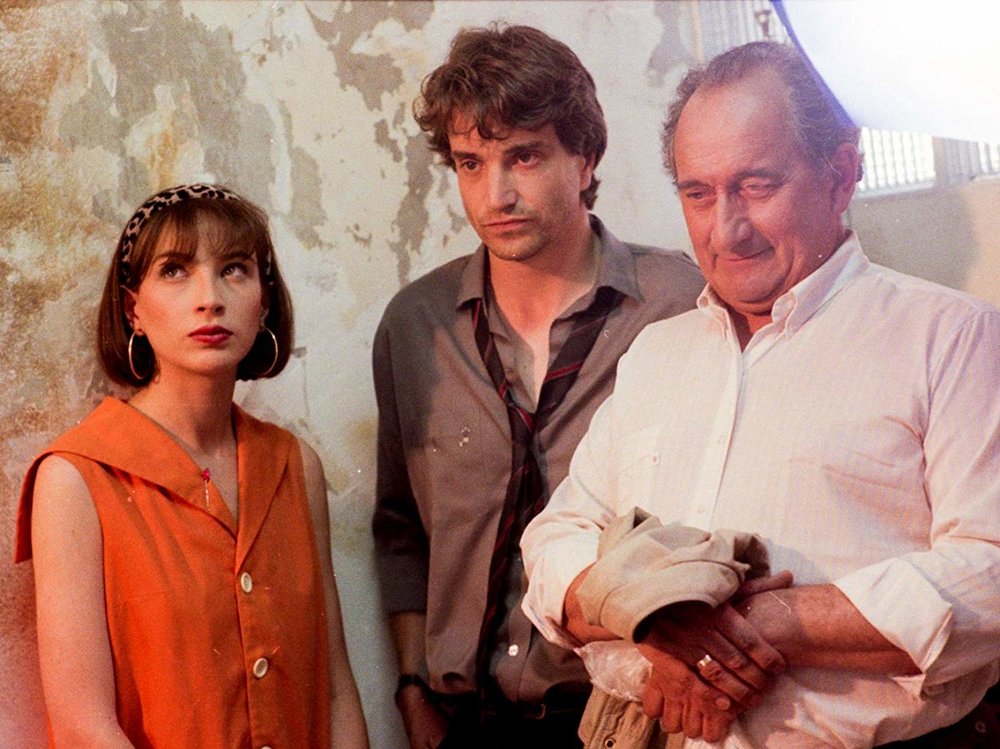
Your early films were usually about women facing sexism. Did you see it as a good story or you were kind of pioneer of current Me Too?
Topic of female characters was always something that I had a great interest in. In movie The Wellington lines I emphasized at ordinary people and women in time of that war and in my last film I focused on topic of women from 19th century. It was very important for me also for the reason that I myself am a woman.
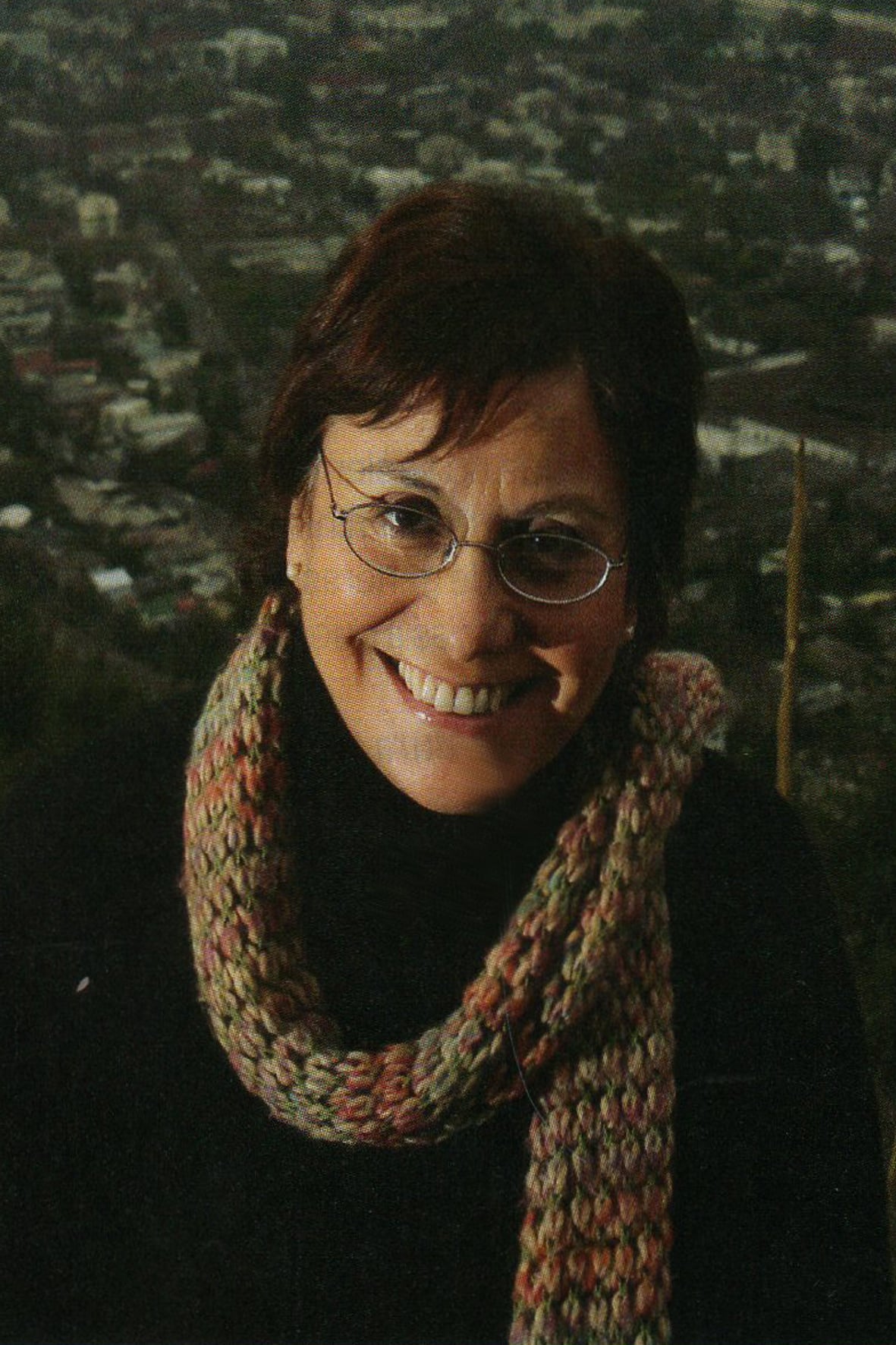 You had to finish The Wellington lines which your husband already couldn´t make and you worked on Soap Opera which is I think about your husband, isn´t it? Did you feel you had to do it as his tribute and if not you, no one else would do it?
You had to finish The Wellington lines which your husband already couldn´t make and you worked on Soap Opera which is I think about your husband, isn´t it? Did you feel you had to do it as his tribute and if not you, no one else would do it?
Raul only prepared The Wellington lines but he died before he started shooting them so I had to do the whole lot. That movie Soap Opera is not about my husband, he only started filming that but left it unfinished due to lack of money and left only fragments so I put the whole structure to the movie and finished other parts. Topic of it was a TV and Raul started it already in 1990 and I ended up in 2017 for festival in Locarno.
When you and your husband were both directors was there any tension between you, some clash of egos or you respected each others´ visions, careers and opinions?
No, definitely not any tensions or clash of egos. Each of us made different films, Raúl about thieves and gangsters and I about dolls and women so we each had different topics. We exchanged opinions at our projects and I was also editing some of his films.
Editor´s job is very important since he can upgrade the whole film or completely mess it up. How did it work between you in editing room, your husband must have trusted you very much in that sense, hasn´t he?
My husband didn´t like closed rooms, so we came there in the morning, he told me what he wanted and went away. Sometimes he even didn´t bother to go to editing room and he told me what he wanted at the breakfast. In the evening he returned, watched what I have edited and we discussed about it in length.
Since you started making films, world has changed, society has changed and audience has changed. Did you change your original attitude towards topics and filming or you still follow the same pattern and vision which you had at the beginning?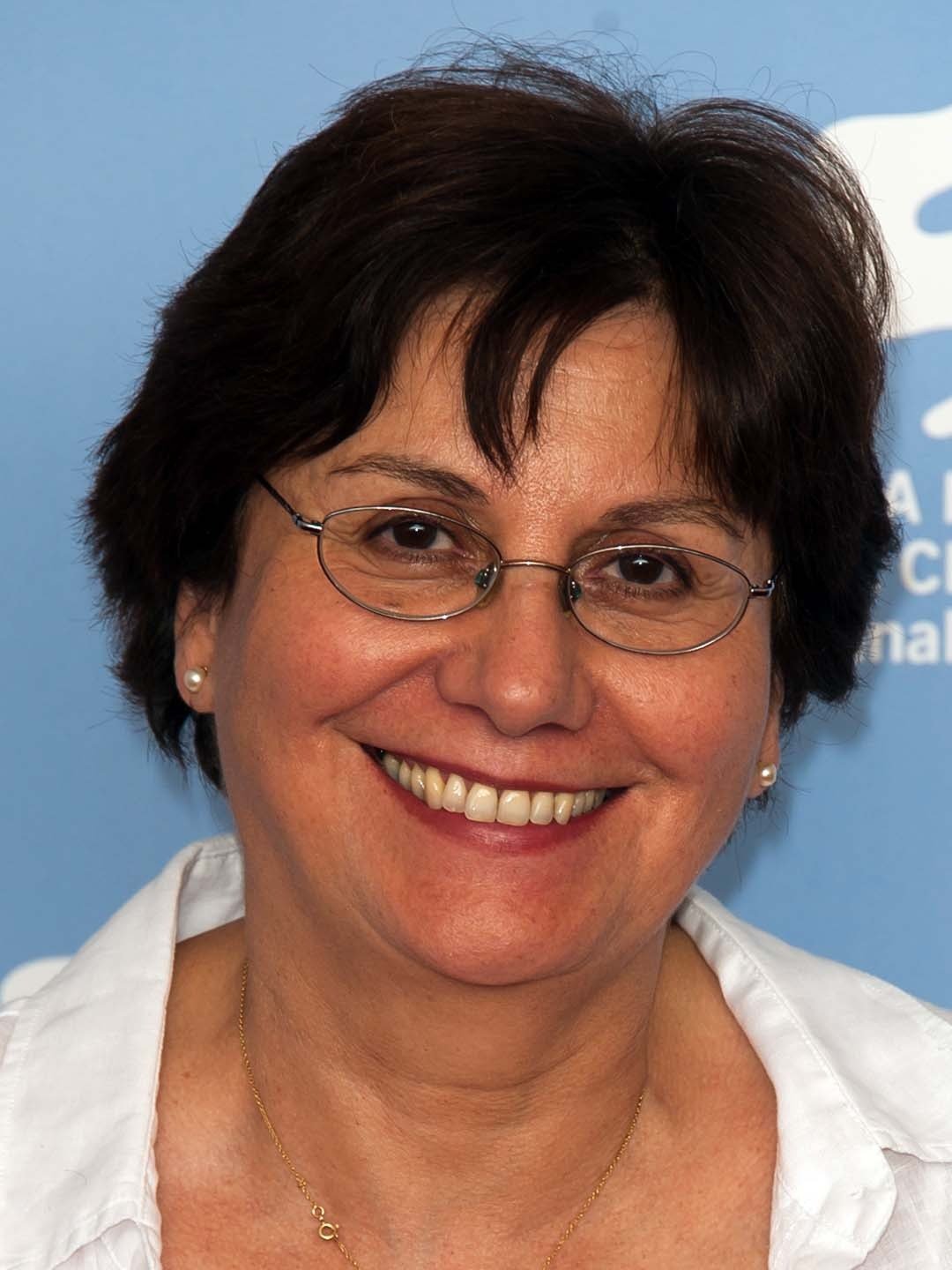
Of course the person changes also, we have all our own obsessions which we keep for entire life and the same thing is by me.
The technology has changed dramatically. Did you prefer filming at classic film stock or digital technology helped you to broaden the possibilities to catch ideas of your stories? Digital technology is cheaper but do you think it upgraded the quality of films and made them more believeable?
When you use digital, it is of course much quicker and more democratic since there is a version of director, editor, producer and actors and at the end they come to common compromise, but I personally think that is not the best way for film making. I prefer classic film material, but that is a problem today since there are almost no film labs anymore.
Thank you very much Vítek Formánek and Eva Csölleová


